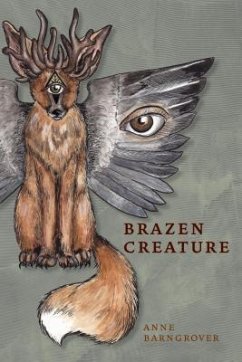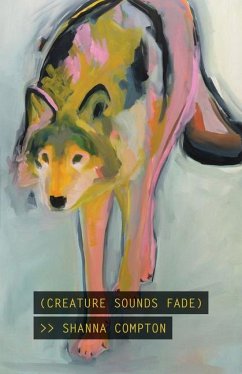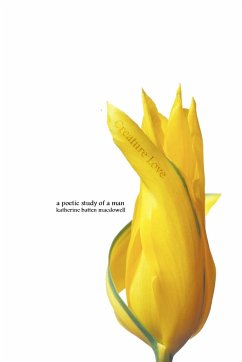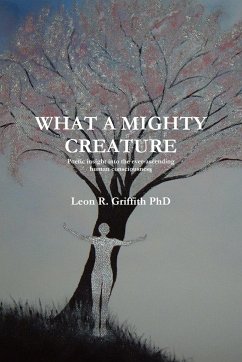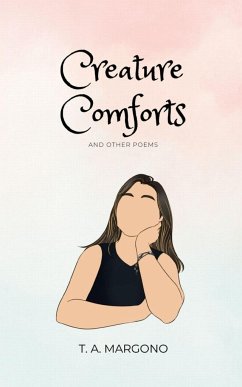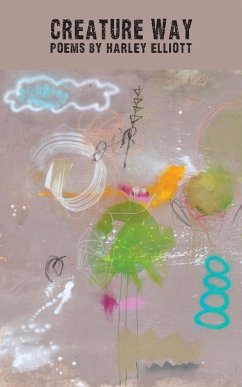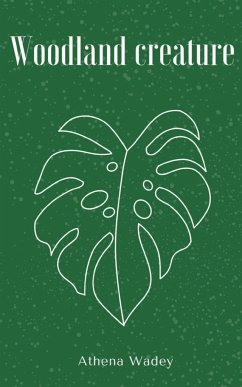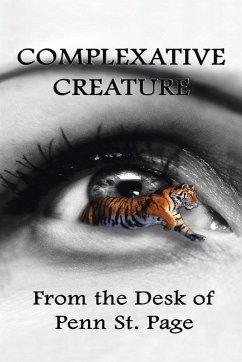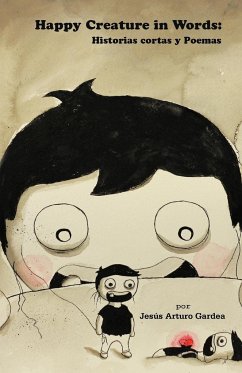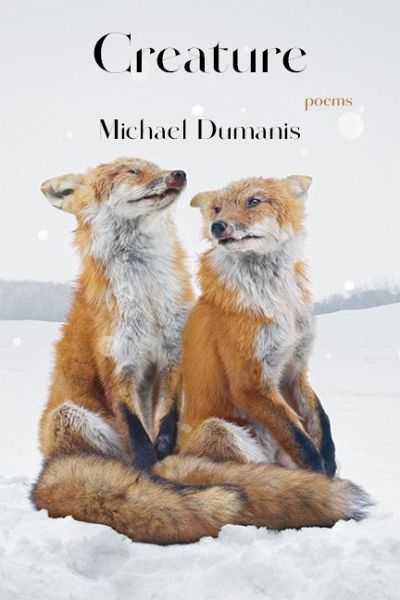
Creature

PAYBACK Punkte
7 °P sammeln!
Creature is a complex poetics of vitality, and it immaculately cleaves: even as it underscores how living in an inherently inhospitable environment will dispossess us of the world and one another, making animal of man, it sutures the rent evolutionary tree, glorifying the interdependence of each extant thing. Michael Dumanis expertly cultivates the multiplicity of language and makes of "creature" a marvelous contronym; we are a creature as in a beast, debased, beholden to nature, and we are creature as in an extension of creation, improbably sentient, mortal, here. In "Autobiography," the spea...
Creature is a complex poetics of vitality, and it immaculately cleaves: even as it underscores how living in an inherently inhospitable environment will dispossess us of the world and one another, making animal of man, it sutures the rent evolutionary tree, glorifying the interdependence of each extant thing. Michael Dumanis expertly cultivates the multiplicity of language and makes of "creature" a marvelous contronym; we are a creature as in a beast, debased, beholden to nature, and we are creature as in an extension of creation, improbably sentient, mortal, here. In "Autobiography," the speaker attests to the contradiction at the root of cognizance: "Am, as an animal, // anxious. Appendages always aflutter, / am an amazing accident: alive." How does the human mammal embody both and neither -- communal and itinerant, leaving home to approach it, as an immigrant and a geographic nomad, as someone's child and another's parent, as being and thing? How do we negotiate our ouroboric identities while attuned to not just our own fragility, but an impending global extinction event? The answer is the absence of answer. "In the beginning, I thought a great deal / about death and sunlight, et cetera," Dumanis admits in "Squalor," but "The Double Dream of Spring" absolves us of outsmarting impermanence. "O what a ball I had, spending the days." And what should we do in this vernal brevity but exhaust it? We each only have so long to trace our hand "over the stony bones / that, fused together, hold [our] only face."




